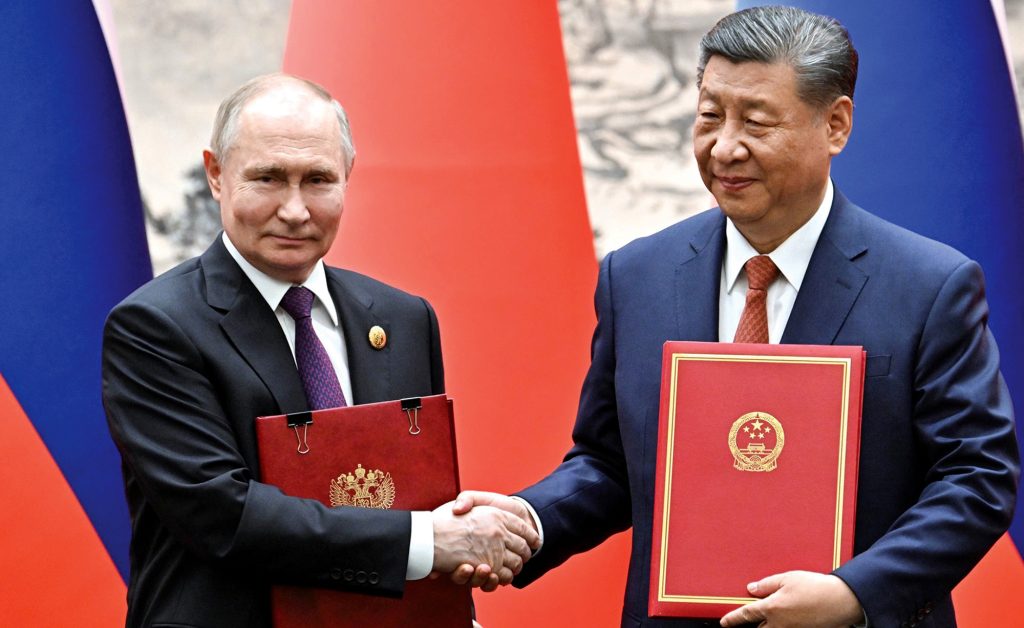Abracadabra
Air Force Secretary Frank Kendall on perpetual efforts at acquisition reform, House Appropriations Committee, April 30.I’ve got 52 years of experience with new product development, and I’ve seen us get in trouble the same way over and over … unrealistic requirements, unrealistic schedules, lack of appreciation of technical risk. …There’s been an effort to chase what I call ‘acquisition magic’ a few times. … It usually involves taking extraordinary risks, and then we pay the price for that. Putting amateurs in charge doesn’t work very well. … We’re asking them to build weapons systems that are a generation ahead of anything ever built before. There is inherent risk in that. And you have to plan and manage that risk. … You have to understand deeply what those technical risks really are. … There’s this idea that we can go much faster if we just, you know, somehow wave our arms and create a different set of structures. That tends to just get you in trouble. … When we take wild chances, we get the results you should expect. … Structure programs to be somewhat aggressive, but not so much so that you’re guaranteeing failure. … You’ve got to really understand what you’re doing. There’s no magic.
Problem Defined
The United States, from a defense and military standpoint, is in a state of disruption. … We have a limited number of things that are really expensive, really exquisite, they’re hard to build, they’re hard to replace, not many companies can build them. And they [assume] things we’ll always have access to: command and control, space, the electromagnetic spectrum basic logistics. And all of those things are now increasingly being held at risk. … We have to get our heads around this failure of imagination: We are off by an order of magnitude in terms of what it is actually going to take to qualitatively and quantitatively marshal, not just the industrial base, but a different kind of industrial base … to field the kinds of systems at the kinds of scales, at the kinds of pricing, required to be competitive—and then to sustain that over what are likely going to be protracted competitions and protracted conflicts.
Christian Brose, Chief Strategy Officer, Anduril Industries, CSIS Global Strategies Forum [April 24].
No Matter the Price
Undersecretary of Defense for Acquisition and Sustainment William A. LaPlante to the Senate Appropriations defense subcommittee May 15 on why, no matter how high the cost, the Sentinel ICBM program must proceed.The modernization of our triad is the top priority of the Defense Department. [The 2022 Nuclear Posture Review] reaffirmed the need for a triad, so Nunn-McCurdy or not, we have a policy of our country having and sustaining a triad.
Risky Business
Chairman of the Joint Chiefs of Staff Gen. Charles Q. Brown Jr. on balancing competing demands for forces from the nation’s regional combatant commanders, at the Center for Strategic and International Studies, April 24.Everything is ‘high risk.’ … I’ve found, if you don’t say it’s higher, significant risk, don’t bother showing up to the meeting.
Tomorrow’s Another Day
Rep. Rob Wittman (R-Va.), tongue firmly in cheek, on how the Air Force’s plans to grow capacity, capability, and readiness are always to be resolved sometime beyond the term of the current administration.All our dreams come true after the FYDP.
Quality Of Life
Deputy Defense Secretary Kathleen Hicks on the Defense and State Department’s long-awaited agreement that would allow the spouses of military service members to telework while overseasEnsuring our military spouses can maintain meaningful careers is not just the right thing to do, it is a national security imperative. … Allowing more spouses the ability to keep their federal jobs and telework strengthens economic security and quality of life for our service members and their families and enhances readiness and retention for our all-volunteer force.
[Defense One, April 22].
In Plain Sight
Markus Garlauskas, a security expert at the Atlantic Council, to the New York Times, May 17.China did not need to host Putin at Harbin in order to transfer technologies from there to Russia. That this visit took place so openly is a visible and symbolic sign of Beijing being willing to provide directly military-applicable technology to support Russia’s war against Ukraine.




